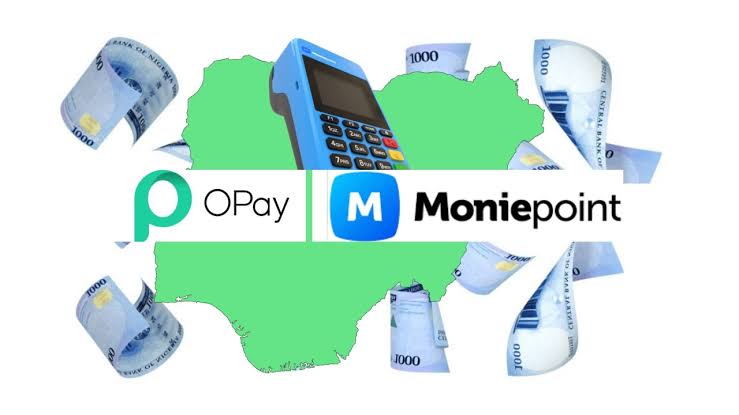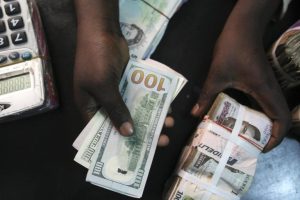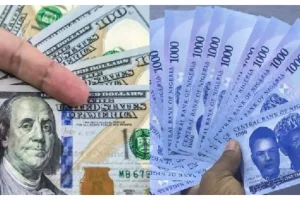
Nigerians are set to face higher charges as the Federal Government has officially begun the N50 electronic levy on transactions above N10,000 conducted through Financial Technology (FinTech) platforms like OPay and Moniepoint. This levy, which was introduced under the Finance Act of 2020, is part of the government’s efforts to generate revenue through electronic money transfers.
The levy, formally known as the Electronic Money Transfer Levy (EMTL), requires a one-time deduction of N50 on any electronic transfer or receipt of N10,000 or more within a 24-hour period. This charge is applied to recipients of such transfers, and it is set to become a standard deduction for qualifying transactions.
OPay, a popular FinTech platform, issued a notice to its customers in September 2024, informing them of the implementation of the new levy. According to the notice, effective September 9, 2024, OPay will apply the N50 charge on transfers of N10,000 or more paid into either personal or business accounts. The company emphasized that it does not benefit from this charge in any way, as it is entirely mandated by the Federal Inland Revenue Service (FIRS).
In the notice, OPay clarified that the new levy is part of the government’s regulations, and customers should expect the charge to be deducted automatically for applicable transactions. “Please be informed that starting September 9, 2024, a one-time charge of N50 will be applied to electronic transfers of N10,000 and above paid into your personal or business account in compliance with the Federal Inland Revenue Service (FIRS) regulations,” the company said.
It is important to note that the Electronic Money Transfer Levy (EMTL) is not limited to just OPay but applies across all digital payment platforms handling similar transactions. While OPay clarified that the charge was not their initiative, they are required to comply with the government’s policy, which has sparked some concerns among Nigerians regarding the growing cost of digital transactions.
The Federal Government introduced this levy as a means to increase non-oil revenue, with the goal of improving fiscal stability. While this levy is relatively small in value, its cumulative impact could be significant, especially for businesses and individuals who frequently use digital payment platforms for their transactions.
As the levy becomes widely implemented, there will likely be further discussions around its implications on the Nigerian digital economy and whether it will affect the adoption of cashless transactions, particularly in the country’s fast-growing fintech sector.



